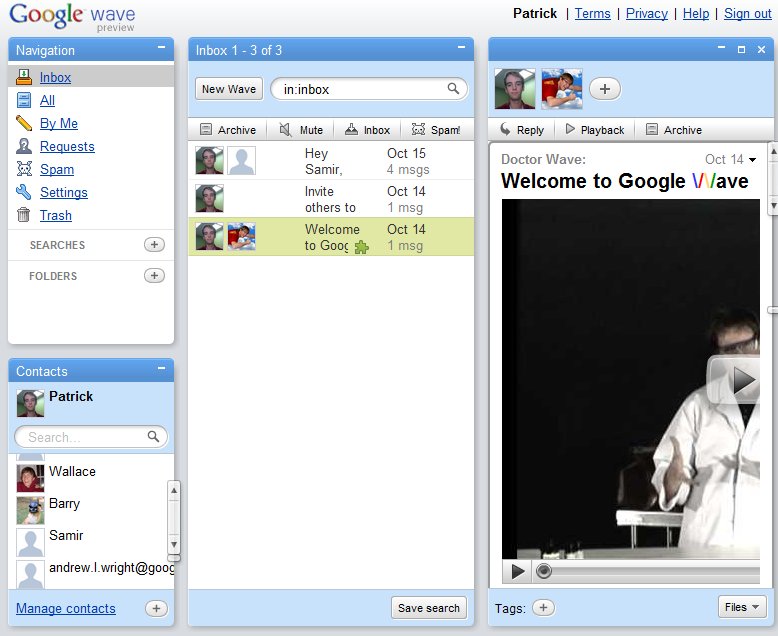Today Thanksgiving arrives for me in Germany. And if I only paid attention to my microcosm of a world here in the Rheingau, it would pass just like any other Thursday during the fall. I had class from 1pm to 9pm today. I am preparing for two final exams next week, as well as finishing work on a term paper and a presentation in German. If it was not for my contact with the states and my own internal clock, I would have had no idea I was in the midst of a holiday I would have celebrated eagerly any other year.
But the fact that I am American causes me to miss my family and friends on this particular seemingly normal day. Fellow Americans here wish each other a Happy Thanksgiving, but it still does not truly register. Normally I would be eating a lot with extended family as most Americans do, and I would have run in a Thanksgiving 10K race this morning in Cincinnati, as I do most Thanksgivings of late. This year it was the 100th anniversary of this race, the eldest one on Thanksgiving Day in America.
But instead I am in a new situation. So, I can do one of two things. As most Americans here and elsewhere abroad have a tendency to do, I could gripe about missing home. I could complain that I am missing the company of family and a feast. However, in so doing, I believe I would be utterly insulting to the spirit of the holiday.
Thanksgiving is a time to be thankful for what you do have, rather than miss the things you do not. This year I had the chance to take an incredibly cool trip to the other side of the world. And I do not see how I can take on something so great as this opportunity, and at the same time complain that I cannot take part in this holiday. I would feel like a hypocrite. You cannot have your cake and eat it too; God does not give anyone two cakes.
So today I am thankful for many things. I am thankful for friends and family, and also for the gift of being alive. I am thankful that technology in this age affords me to Skype with my family while they feast. I am also of course thankful to the faculty of the University of Louisville’s College of Business for arranging this endeavor, as well as to the benevolent family which made this trip financially possible. I would be remiss if I did not take heart in these blessings and only concentrated on my separation from Kentucky.
Furthermore, I believe that today I am acting more in the true spirit of Thanksgiving than any other year. The first Thanksgiving was about journeying to a different world and starting something different. The original Pilgrims were away from family. If they spent that time feeling sorry for themselves there would never have been a Thanksgiving. Instead, they thanked God for a good harvest and a prosperous year and ate a lot. And thus, so will I.
Happy Thanksgiving to those in the USA!

